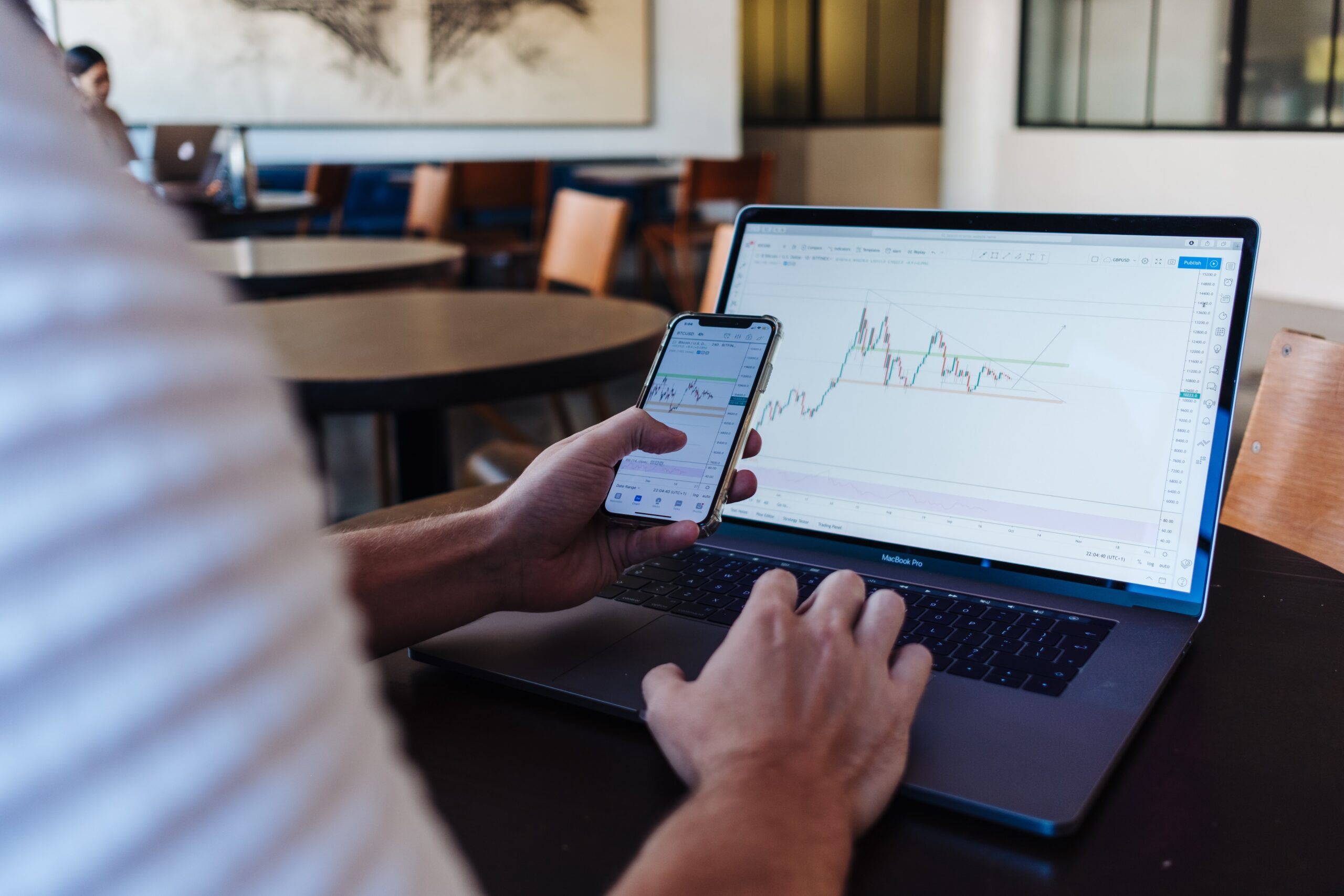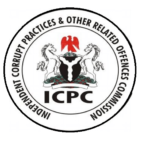Blockchain records are unchangeable, which makes it difficult to change or alter data in the records after the fact. It reduces the opportunity for tampering or fraud in any records input into the system. Websites serve the best UI and trading tools for novices and professional bitcoin traders. The Blockchain has many benefits in the industry, namely immutable records, and the ability to manage transactions without intermediaries. In addition, you can become a better trader by using a reputable trading platform like bitcoin circuit
The data can be stored and transferred from peer to peer with an added level of security. It can allow for transparency within a record. However, the emerging technology of Blockchain has started to change this, with some real estate developers and providers now using it for property transfer. The below-mentioned portion will explore what makes Blockchain appropriate for real estate and its potential benefits, with an in-depth review of the critical advantages that people in its design can find.
It also discusses what technical limitations make it less appealing and how possible solutions present themselves at various levels. For example, rather than relying on high-cost intermediaries such as banks or governments with their central databases, the financial transaction data protocols are held directly between two parties without needing third-party verification. The records on this list also provide security and transparency for other kinds of real estate transactions.
Platforms and Marketplaces:
Blockchain and smart contracts can do more than just track transactions; people can also use them to build online platforms that combine real estate search, information, and purchase or lease. For example, there are plenty of global property stores with a blockchain-based registry that allows for the decentralized transfer of property ownership. It uses the Ethereum blockchain to maintain an immutable record of property ownership and other transactional data related to real estate. It was built on the Ethereum blockchain platform, which maintains a single source of truth by providing a decentralized registry service for real-world assets in the Blockchain.
No Intermediaries:
Instead of relying on banks or other centralized organizations to hold the data and communicate with others, the blockchain database is available for others to use. It is an entirely open record with no intermediaries, so it has been used in several contexts and industries. As a result, it can offer transparency of communication, increased security, and less cost. For example, payments are direct between parties without any third-party involvement.
Transaction Cost:
Making transactions using Blockchain networks offers many benefits but also comes with a cost that must be considered when developing new property ownership or sale methods. The main cost of blockchain development is implementing the technology and its implications. Therefore, the members need to have the right skills and be familiar with the various aspects of Blockchain. It provides the world with a level of cybersecurity unmatched by other technologies currently in use for information storage.
Ease of Use and Integration:
Blockchain can reduce errors and increase security because it requires a single shared record or ledger that is updated simultaneously by any member within a network or group of users interacting with each other. Given the complexity of current processes, it will be an uphill task, but if Blockchain simplifies and streamlines these processes, it will serve both owners and customers alike.
The technologies will impact every level as they go beyond just property transactions and include legal, banking, business processes, payments, marketing, accounting, and emerging technologies. The technology will also help with primary market risk management, which is essential in today’s technology-driven world, where almost every aspect of a business depends on information processing.
The platform allows for real-time bidding or the buying and selling of property through the digital ledger. In addition, the Blockchain is an alternative to many other ways in which real estate is governed and provides increased efficiency and cost-savings. As a result, it has evolved rapidly over a short period to become one of the fastest-growing technologies in real estate.
Liquidity:
Most real estate companies today still need a liquid market. There are various reasons behind this, but the main one is that real-estate units are difficult to price accurately because there needs to be more transparency, multiple listing indexes and vacancy rates. The current real estate industry has faced many challenges over the last few years because of these issues. Adding a blockchain system could help resolve these problems and create a robust trade market for transactions with improved operational efficiency.




